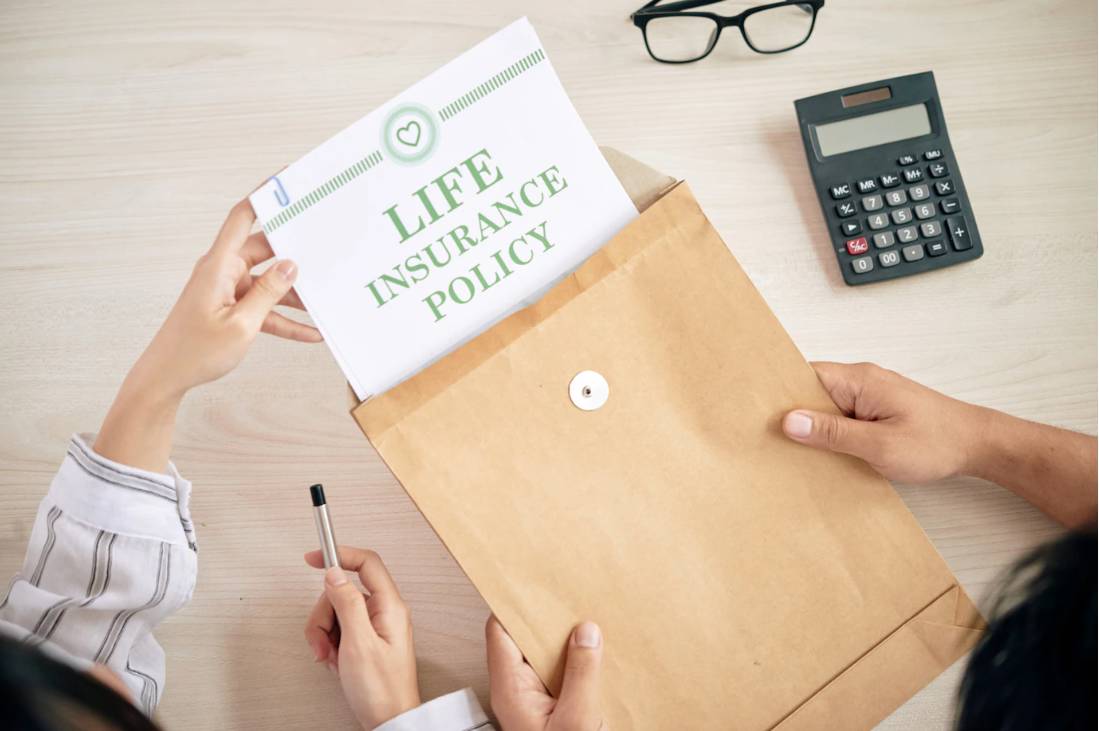What is the benefit of having life insurance? Life insurance is a type of financial security that is designed to provide you with a lump sum in the event of death. The amount given depends on the policy you choose, but it can include expenses such as funeral costs and outstanding debts. It’s worth noting that some policies may be subject to restrictions based on age or health status; these will be discussed below.
Do you need to be fit before life insurance?
There are many factors that go into determining the price of your policy, and the insurer will use your medical information to better assess them so they can offer you a more accurate price. Some companies like Ethos offer no exam life insurance. As per their experts, “Regardless of your health status, with Ethos, you are eligible for a no-medical-exam life insurance policy.”
Your medical record may show that you have a health condition, but it doesn’t mean that anything has changed since then or that it will affect your ability to get covered by an insurance company.
However, if your medical history indicates that something, in particular, has affected your health negatively (such as smoking or obesity), it could affect whether or not an insurer wants to cover you in case you pass away suddenly and leave behind people who depend on their income from working for them.
If you have a family or other dependents who rely on you financially, it’s a good idea to consider getting life insurance as soon as possible. If you don’t have any dependents, however, and have good savings, then waiting until later in life when the need for coverage is more urgent may make more sense.
What are the benefits of this system?
The system is quick and easy to use. You can get an instant result, and if you want to be approved for a life insurance policy, the process can be completed in less than 24 hours. This means that you will not have to wait for weeks before knowing whether or not your application was successful or not.
There are also other benefits of this system. The ability to save money on your premiums by selecting a higher level of risk tolerance when setting up the policy. This means that even if you do suffer from health issues in the future and require more care than expected, any additional costs will still be covered under your terms and conditions as long as they don’t exceed what was agreed upon when signing up with an insurer.
Are there any restrictions?
You need to be in good health. The more conditions you have, the more expensive your policy will be, and the less likely the insurer is to offer you a discount.
You should be under 35 or 40 years old when applying for life cover – older applicants could find themselves paying higher premiums than younger ones with similar circumstances because they’re perceived as being more of an “at risk” population by insurers. You can check with individual companies about their age restrictions before applying or buying coverage through an independent financial adviser or broker rather than directly from an insurer; some providers are known for having no upper age limits when issuing policies.
You may be eligible for life insurance even if you are overweight, have high blood pressure or asthma, or suffer from other conditions. However, it is important that you take into account the impact of these conditions on your life expectancy when choosing a policy.
